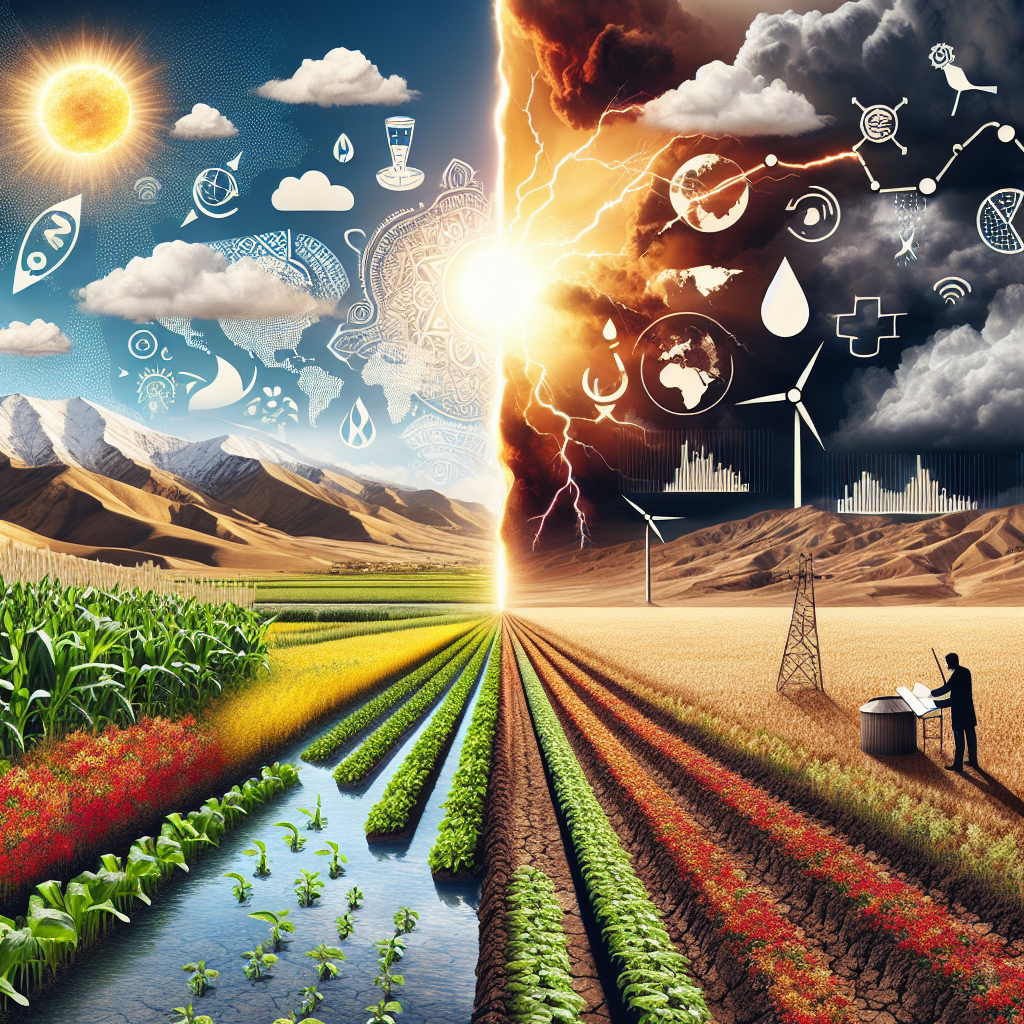The agriculture sector and food security in numerous countries, particularly in Iran, have been significantly impacted by climate change. This is according to the former permanent representative and ambassador to the Food and Agricultural Organization (FAO) of Iran. The changing weather patterns have had a profound effect on various aspects of agriculture, such as rainfall, pollination, flowering, and harvest time. These changes have caused major challenges for farmers and have raised concerns about food security.
Climate change has disrupted the traditional patterns of rainfall, leading to irregular and unpredictable precipitation. This has resulted in droughts, floods, and other extreme weather events, which have had a detrimental impact on crop production. In Iran, where agriculture is a vital sector of the economy, these changes have caused significant losses for farmers and have threatened the country’s food security.
Moreover, climate change has also affected the natural processes of pollination and flowering. As temperatures rise, the timing of these processes has been altered, leading to mismatches between pollinators and plants. This has resulted in reduced crop yields and quality, further exacerbating the challenges faced by farmers.
In addition, the changing climate has also affected the timing of harvests. With warmer temperatures, crops mature earlier, which can lead to a shorter harvest season and lower yields. This has a direct impact on food availability and prices, making it difficult for farmers to sustain their livelihoods.
According to recent data, Iran has experienced a significant decline in agricultural production due to climate change. This has not only affected the country’s food security but has also had a ripple effect on the economy and the livelihoods of millions of people who depend on agriculture for their income.
In conclusion, climate change has had a profound impact on the agriculture sector and food security in Iran. The changing weather patterns have caused disruptions in rainfall, pollination, flowering, and harvest time, leading to significant challenges for farmers and threatening the country’s food security. Urgent action is needed to mitigate the effects of climate change and ensure a sustainable future for agriculture in Iran.

